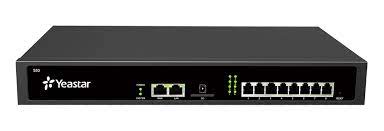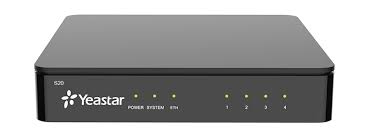Voip
Voice over Internet Protocol (VoIP), also known as IP telephony, is a method and set of technologies for delivering voice communications sessions over Internet Protocol (IP) networks, such as voice calls and the Internet.
The broad terms Internet telephony, broadband telephony and broadband telephony services specifically refer to voice and other communication services (fax, SMS , voicemail). As Plain Old Telephone Service (POTS).
PBX
An Internet Protocol private branch exchange (IP-PBX) is a system that connects telephone extensions to the Public Switched Telephone Network (PSTN) and provides internal communications for an enterprise. An IP PBX is a PBX with IP connectivity and can use the TCP/IP protocol stack to provide additional voice, video, or instant messaging communications.
By combining Voice over IP (VoIP) gateways with traditional PBX capabilities, businesses can leverage managed intranets to reduce long distance charges and leverage a single network for voice and data (converged network). will be An IP PBX can also provide CTI functionality.
An IP PBX can exist as a physical hardware device or a software platform.



Telephones
VoIP phones (IP phones) use Voice over IP technology to make and send calls over IP networks such as the Internet. This is in contrast to standard telephones, which use the traditional public switched telephone network (PSTN).
Digital IP-based telephony services use control protocols such as Session Initiation Protocol (SIP), Skinny Client Control Protocol (SCCP), or a variety of other proprietary protocols.







